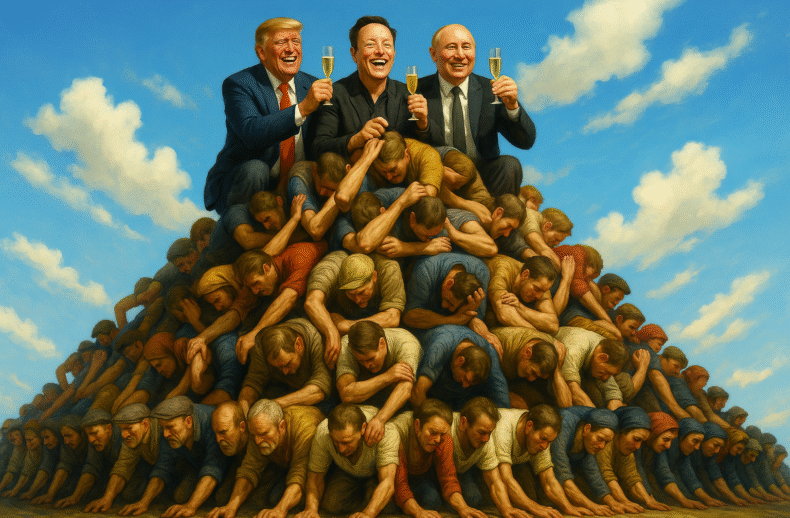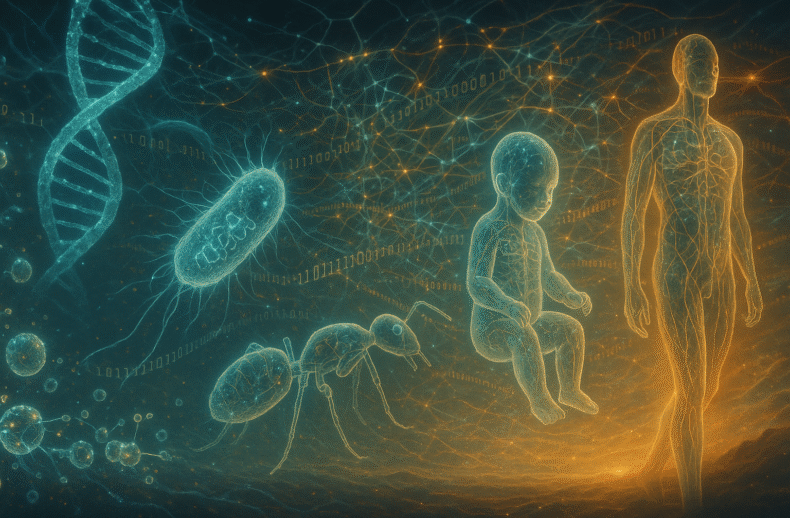Eidoism proposes that the evolutionary dominance of Homo sapiens was not rooted in superior biology or intelligence alone, but in a neurocognitive mutation: the emergence of the recognition loop. Enabled by advanced frontal lobe development, this loop allowed humans to engage in recursive self-modeling, symbolic communication, and cultural acceleration. While other hominins like Neanderthals and Denisovans shared the same sex drive and survival instincts, they lacked this feedback system and therefore failed to scale socially and culturally. Recognition, not reproduction, became the true axis of evolutionary success.





